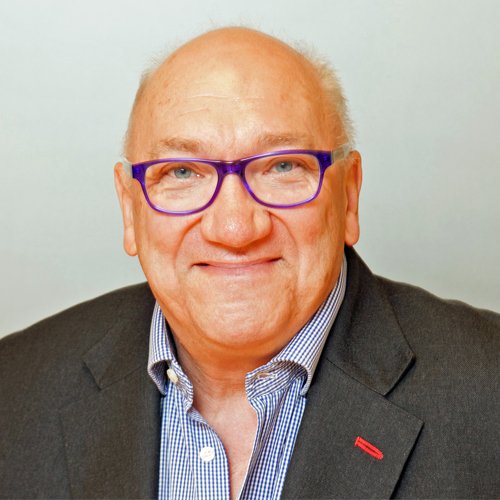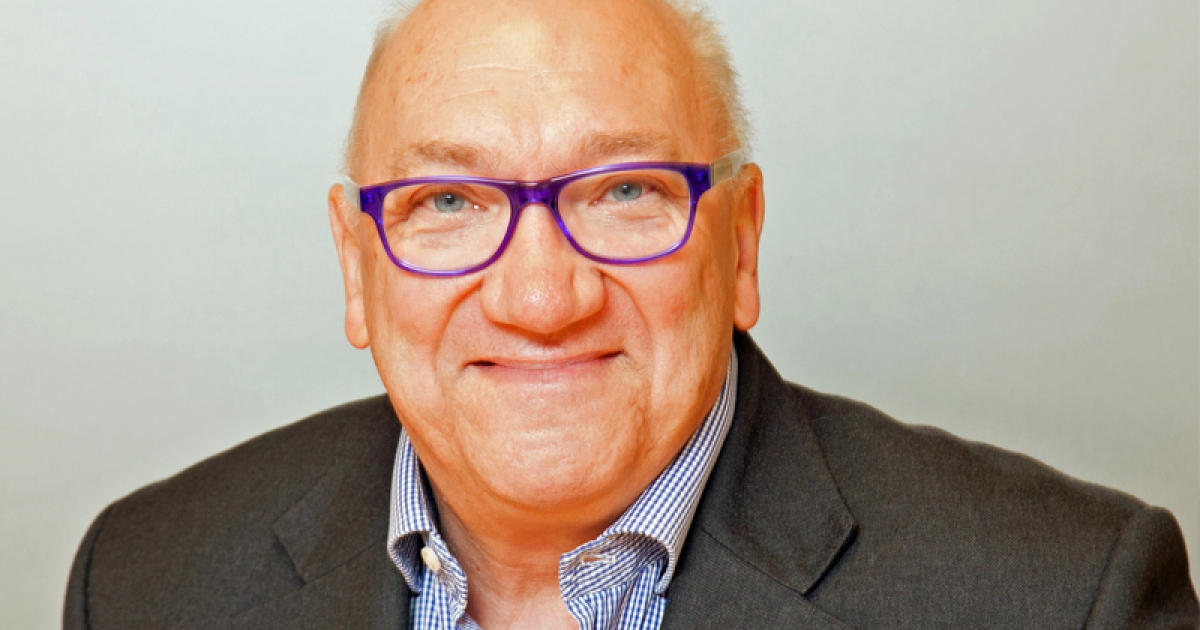“Education Is for Life”
I was lucky enough to be invited to an Atlantic Supper where the two main speakers were David Willetts and Andrew Adonis both former education ministers and now both in the House of Lords though still on opposite sides of the political divide (though not much divided them that evening). The debate or open discussion or whatever was What kind of Education did we need? Not what kind of Education the UK needed post Brexit but what kind we all needed for a very different century.
As a former MP, I used to spend my Fridays in my constituency trying to help the head teachers of our poorer schools. I noticed that not much had changed from when I was at school in the 1960s. Then we had individual old wooden desks in which we kept our books (without a lock). The desks were in industrial lines. Twenty years ago when I started my local visits the desks were now shared tables with lockers lockable. Nothing had changed. Schools were still aping our industrial heritage. I would wonder aloud how an Apple-designed school would look like and imagined it to be multi-coloured, touchy-feely and part bedroom, part study, part kitchen and part living room with self-learning centres everywhere and not necessarily in a building called a school.
The Atlantic debaters largely focussed on what was good for England. They concentrated narrowly on the power of the old universities especially Oxford and Cambridge (they both went to Oxford). It was a chance missed. And most of us went home disappointed. Disappointed because experimentation and radical change are what is required.
Just consider, in a remote village miles from Addis Ababa, eight-year-olds were given iPads and six weeks later without any tuition taught themselves to speak English and shoot video. If you think this cannot be true check out the Matt Keller’s work in Ethiopia. In Paris, Xavier Niel, a French billionaire has helped fund 42, a school which has no teachers, no curriculum and no classrooms. It now has serious followers in Silicon Valley. You can access it here: 42.us.org.
Education over the past century and half has been about the power of the universities of Oxford and Cambridge. New universities like London and Durham aped Oxbridge. Until they sold them off, Oxbridge even controlled the Examination Boards for Years 11 and 13. The power of the UK university system dominates the whole school curricula. Good schools mark themselves according to how many students enter higher education not on how good a citizen they will be. If you consider how AI is going to change our worlds and how the iPhone has already changed it (yet it is a barely eleven years old) - there must be some recognition by our feeble politicians that education is for life not just for 4-16-year olds.
"Experimentation and radical change are what is required. We must re-design schools."
Let us start there: Education is for life. I have twice been back to university at my own volition and expense. In my late twenties, I began to realise that teaching history in secondary schools was not my calling after all. I asked my Head whether he thought I could be a head and he replied that I could but cautioned me because it could take twenty years to rid the school of bad and incompetent teachers. I recall a Classics teacher not liking our annual school activity day whereby we took out students to London to see the V&A and a play or ran prizes to see who could reach Paris on a fiver. He offered a day of teaching Classics. Meanwhile, the Biology teacher was so incensed that he had lost a double period with his Year 13s decided to go home and sulk.
So no head-ship for me. At 32, I gained a place at Oxford University to do an M.Sc in Educational Mismanagement (that’s how bad the course was). I borrowed £10k from my bank and Wiltshire County Council education department generously supported some of my living costs. All told I spent over £15k. I enjoyed Oxford, I spoke at the Union, went to some drama society events where I met Christopher Hampton, tried stand-up comedy and gained a Blue at rugby in the centenary Varsity match. Above all else, I started to think about what I wanted to do after teaching (I am still trying to find the answer).
I was asked to write a piece for The Times about what it was like to be an ageing hippie at Oxford and sent in an article called “Lenin: the left-winger” but that was not quite what the editor wanted. Soon though, I started to write a weekly piece and then I plucked up the courage to ask The Observer sports editor whether I could cover rugby and cricket. I was off. Writing was what I liked doing but being a freelance is hard work and lonely. I would walk Fleet Street trying to sell stuff. I would put ideas up to editors and they would invariably turn them down but sometimes you would see them written up elsewhere in the newspaper by some other full-timer. Boo.

The second time I went back to University was in September, 2016 when I signed up to do a part-time two year Masters degree in International Relations at King’s College, London. I am one essay and a dissertation away from finishing. The cost has not been that different to Oxford all those years ago. For two hours teaching a week, twenty weeks a year I have paid just over £12k or £300 an hour. My course has 20 students so the university take is about £250k a year give or take. That is a substantial profit.
For a mature educated society we need to persuade our political masters of the need to give every seventeen-year-old an education voucher (worth seven years). This could be cashed at any time in an individual’s life. It would cover part and full-time courses at further and higher education institutions. We must make gap years compulsory. We must re-design schools so that the 42s of this world become the norm. To do this we must enable more and more free “schools”.
I know this will not happen post Brexit. Nothing now surprises me. Decline and fall comes to mind.

Derek Wyatt
Founder & Chair, The Brain Campaign
Derek has recently stepped down as Chair of Royal Trinity Hospice, the oldest hospice in the world, after nearly seven years at the helm. He is chair of FISP, a think tank which examines how our digital world will look after 2020 and chair of the Major Stanley's Trust at Oxford University RFC.
He is a NED at Zone Investing and a trustee at BookTrust which delivers five million books to children for free every year. He is also an Associate Editor at Atlantic Books and in the middle of creating a Brain Trauma charity. In another life he was an MP, founded the Oxford Internet Institute and played rugby for Oxford University, the Barbarians and England. He has written seven books and is currently studying for an MA in International Relations at King's College.
Published: 13/04/2018


